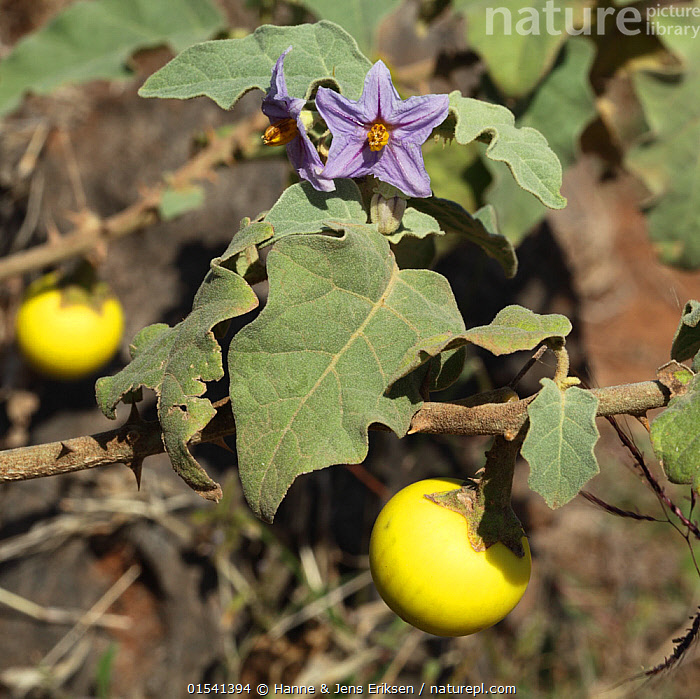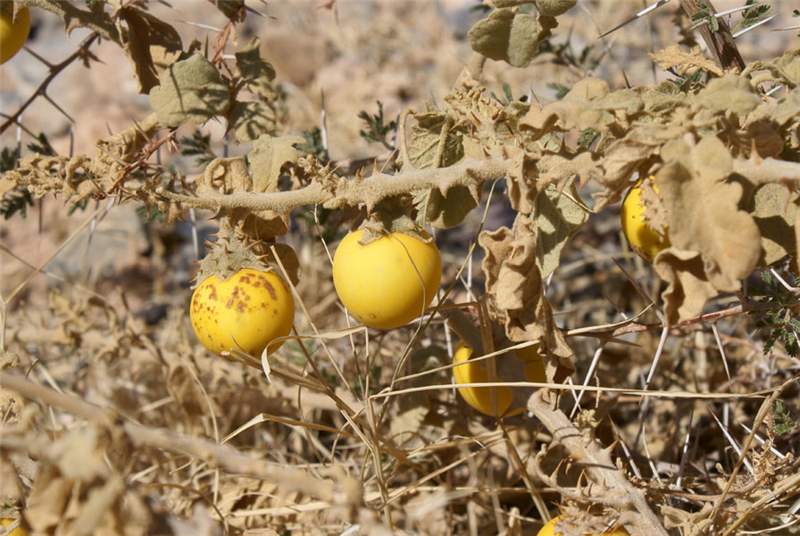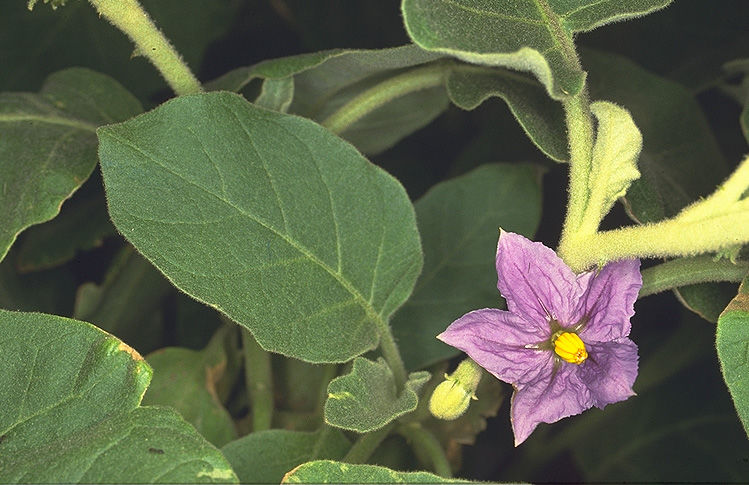Thorn apple (Solanum incanum) Plant, Herbal Benefits and How to Use

Solanum incanum, also known as thorn apple, bitter apple, bitterball, and bitter tomato, is a species of nightshade. It belongs to the family Solanaceae and is native to East Africa, West Africa, the Middle East, and India. The plant has been introduced to Taiwan and Vietnam. In biblical literature, it is sometimes referred to as a “hedge of thorns” (Hebrew: מְשֻׂכַת חָדֶק). Additionally, it may be confused with the similar species Solanum linnaeanum where their ranges overlap in Africa. Interestingly, in ancient India, Solanum incanum was domesticated into the eggplant (Solanum melongena).
The health benefits of Thorn apple (Solanum incanum)

Remember that while traditional uses suggest potential benefits, it’s essential to consult with a healthcare professional before using any herbal remedies.
The Chemical Properties of Solanum incanum
Thorn apple contain various phytochemicals with potential health effects. Here are some of its chemical properties:
- Alkaloids: Solanum incanum contains alkaloids, which can have diverse biological activities.
- Flavonoids: These compounds act as antioxidants and may contribute to the plant’s health benefits.
- Saponins: Saponins are known for their immunostimulant and anti-inflammatory properties.
- Phenols: Phenolic compounds have antioxidant effects and play a role in overall health.
- Steroids and Triterpenoids: These compounds are found in Solanum incanum and may contribute to its pharmacological properties.
Remember that while these chemical properties suggest potential benefits, it’s essential to consult with a healthcare professional before using any herbal remedies. Safety and side effects can vary, so proceed with caution.
rich history of traditional use for various ailments. Here are some ways it has been employed:
- Wound Healing and Bleeding Control:
- The fruit of Solanum incanum can be used to stop bleeding or pressed into wounds.
- The juice from the fruit may help with toothaches.
- Stomach Ache Relief:
- The roots of the shrub are boiled and drunk to relieve stomach pains.
- Oral Health:
- The stems are made into toothbrushes, believed to have an anti-bacterial effect.
- Skin Conditions:
- Solanum incanum has been used for treating skin issues such as warts, ringworms, and wounds.
- The leaves can serve as a natural alternative to toilet paper.
- Luck and Charms:
- The flowers are considered lucky charms by some tribes.
- Travellers often take these flowers on journeys for good luck.
Remember that while traditional uses suggest potential benefits, it’s essential to consult with a healthcare professional before using any herbal remedies. Safety and side effects can vary, so proceed with caution
Safety and adverse effects of Solanum incanum
Solanum incanum, commonly known as thorn apple, has both potential benefits and risks. Let’s explore:
- Efficacy for Vulvar Condyloma:
- An extract from Solanum incanum (SR-T100) has been studied for treating vulvar condyloma acuminatum (genital warts).
- In a pilot study, 73% of patients using SR-T100 gel showed a response, with 61.5% achieving total clearance.
- Side effects were minimal, with only one patient experiencing severe skin-related effects.
- Toxicity and Impact on Livestock:
- Solanum incanum is toxic to livestock and poses a threat to grazing animals.
- It is abundant in East Africa, where it displaces native vegetation.
- Alkaloids and Sensitivity:
- Solanum incanum contains alkaloids, including solamargine.
- Cells infected with low-risk HPV types are more sensitive to SR-T100 treatment than those with high-risk HPVs.
Remember to consult a healthcare professional before using any herbal remedies. Safety and side effects can vary.
External links
Safety and side effects of solanum incanum
transmedcomms.biomedcentral.com
How to use the solanum incanum plant as medicines
The Health benefits of Solanum incaunm


